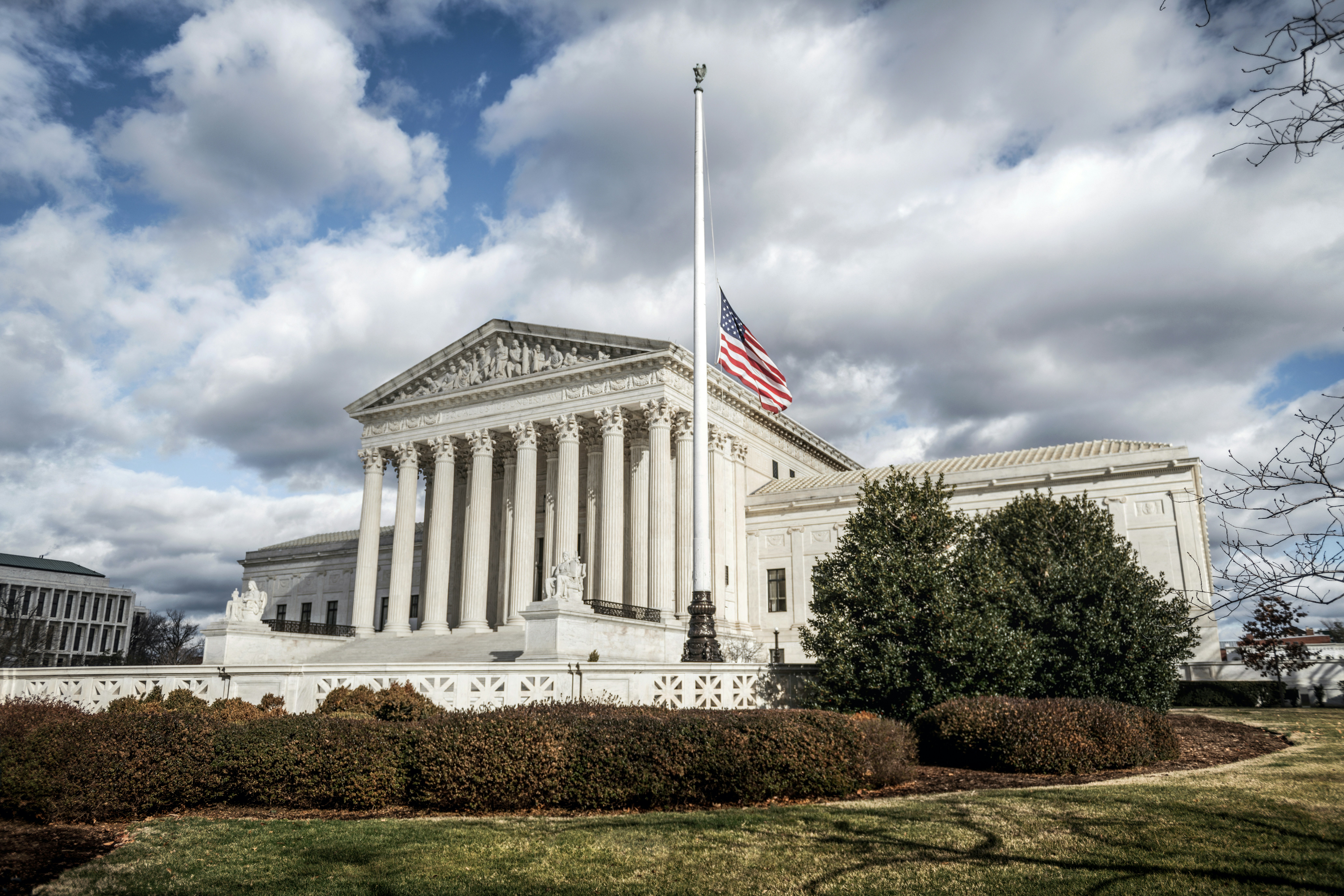Decoding the Influence of Citizens United v. FEC on US Elections
The Supreme Court ruling in the case Citizens United v. Federal Election Commission (FEC) has significantly changed the landscape of American politics. This decision, which overturned decades of campaign finance laws, has redefined the role of money in elections, and its implications continue to be a topic of heated debate.

Historical Context and Key Legal Developments
The Citizens United v. FEC case dates back to 2010 when the non-profit organization Citizens United wanted to air a film critical of Hillary Clinton during the presidential primary season. However, the Bipartisan Campaign Reform Act (BCRA) of 2002, commonly known as the McCain-Feingold Act, restricted such broadcasts.
The Supreme Court, in a 5-4 decision, ruled that these restrictions violated the First Amendment, thus enabling corporations and labor unions to spend unlimited funds on political advertisements. This decision overturned two previous precedents: Austin v. Michigan Chamber of Commerce (1990), which allowed states to restrict corporate spending to support or oppose political candidates, and parts of McConnell v. FEC (2003), which upheld the BCRA’s restrictions on corporate and union spending.
Current Updates and Legislative Changes
Since the ruling, there have been numerous attempts to pass legislation to limit its impact. For instance, the DISCLOSE Act, which aimed to increase transparency around campaign financing, was introduced in Congress but failed to pass.
Moreover, several states have attempted to adopt laws to limit the influence of corporate money in elections, but these have often been challenged in court. The tension between the need for campaign finance reform and the protection of free speech rights continues to be a contentious issue in American politics.
Implications and Impact on Society
The Citizens United decision has had far-reaching implications for American society and democracy. Critics argue that it has led to a surge in the amount of money flowing into elections, with a significant portion of it coming from a small number of wealthy donors. This, they argue, undermines the principle of political equality and gives undue influence to these donors.
On the other hand, supporters of the decision argue that it protects the First Amendment rights of corporations and unions, allowing them to express their views on political issues.
Legal Facts and Research
A study by the Brennan Center for Justice found that spending by groups that do not disclose their donors has increased from less than $5.2 million in 2006 to more than $300 million in the 2012 election cycle. This rise in ‘dark money’ is one of the most significant consequences of the Citizens United decision.
Balancing Depth and Accessibility
The Citizens United v. FEC case serves as a crucial example of how Supreme Court decisions can have a profound impact on the democratic process. While the technical details of the case and its subsequent legal battles can be complex, it is essential to understand them to grasp the current state of American politics.
In conclusion, the Citizens United v. FEC decision continues to shape the American political landscape. While it has enabled corporations and unions to play a more prominent role in elections, it has also sparked a debate about the role of money in politics and the need for campaign finance reform. This case serves as a stark reminder of the dynamic and evolving nature of constitutional law and its impact on society.






